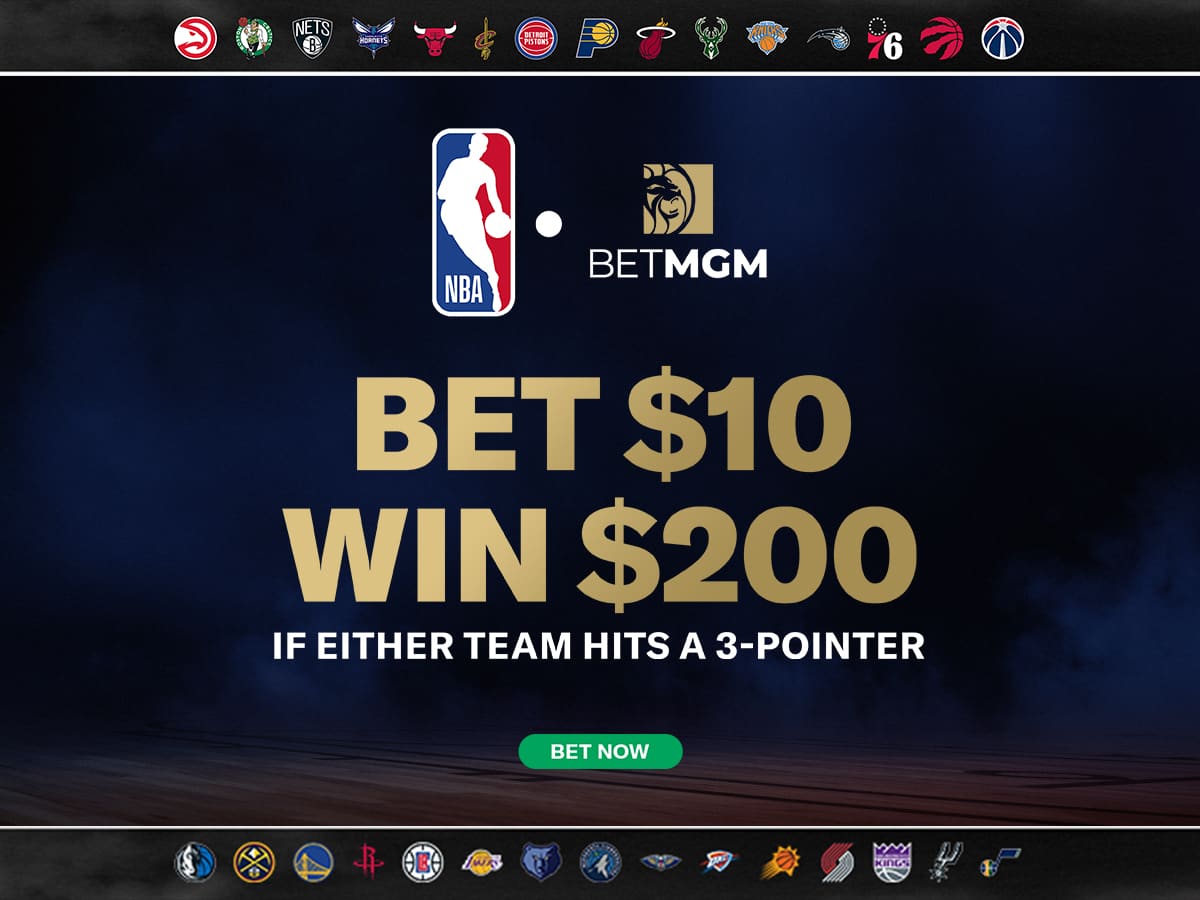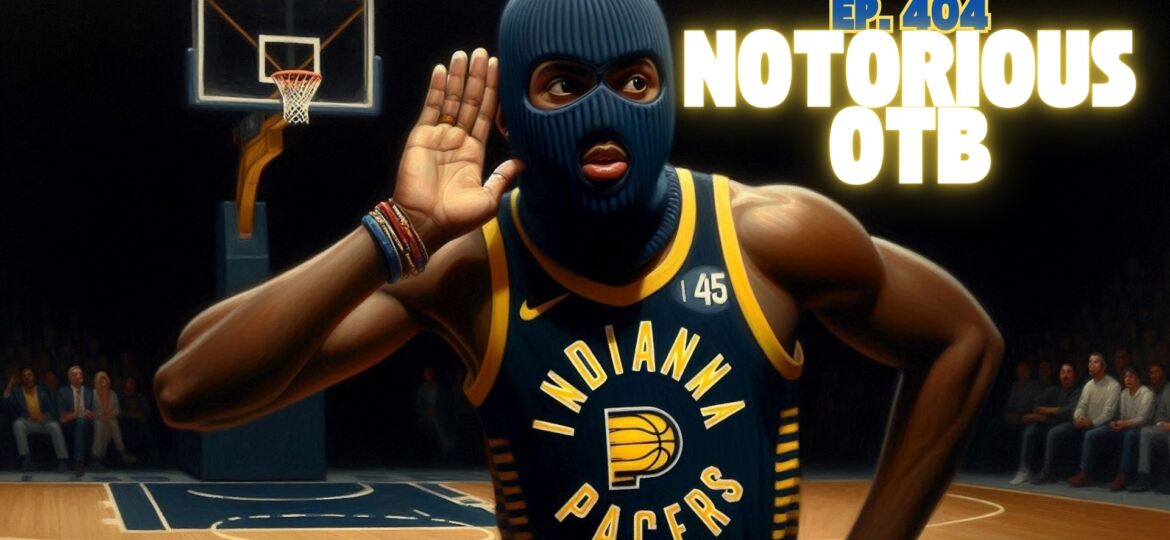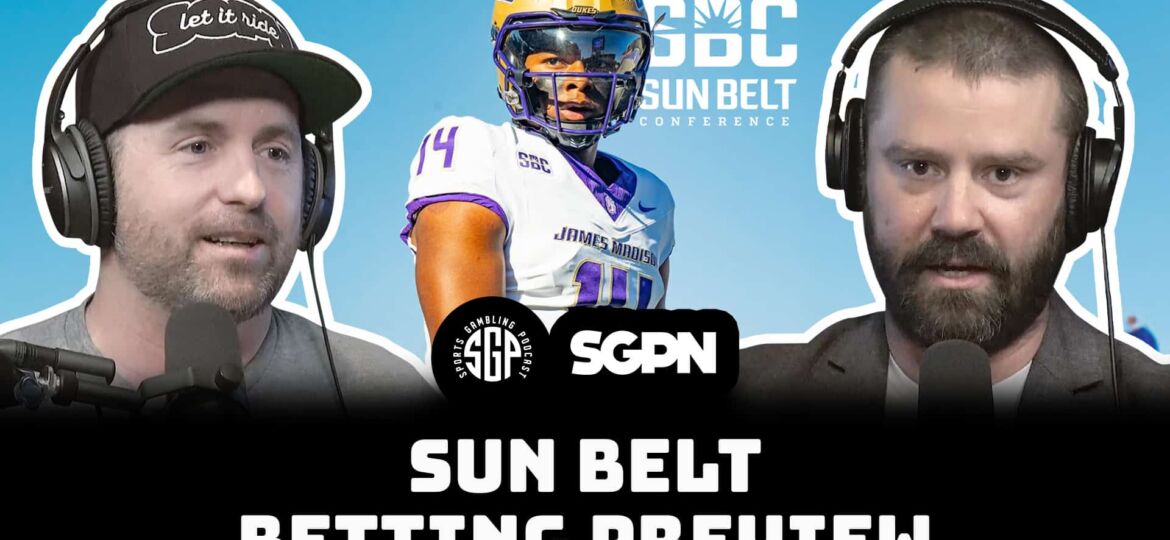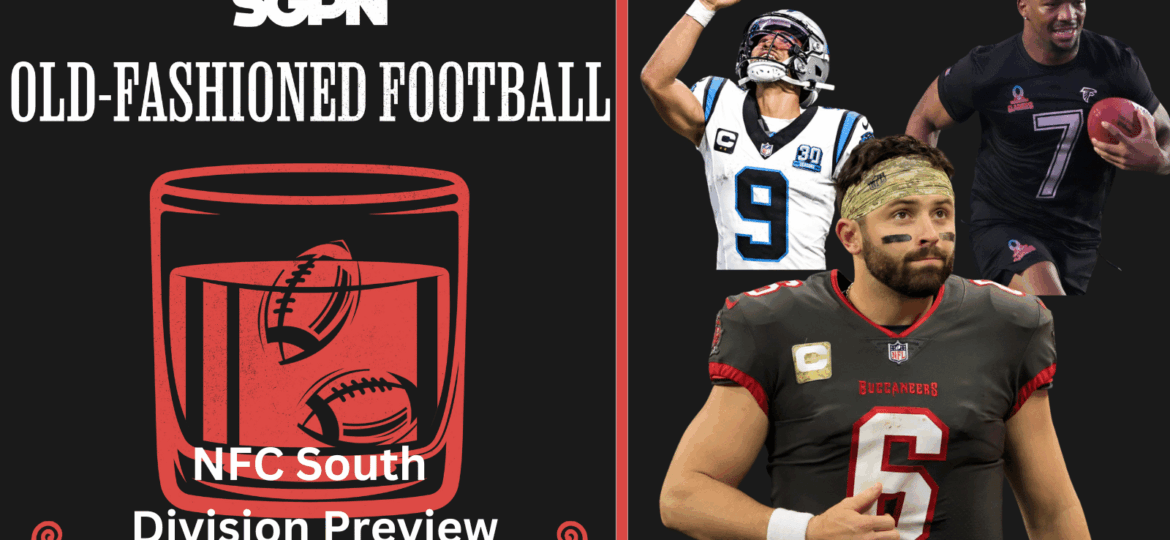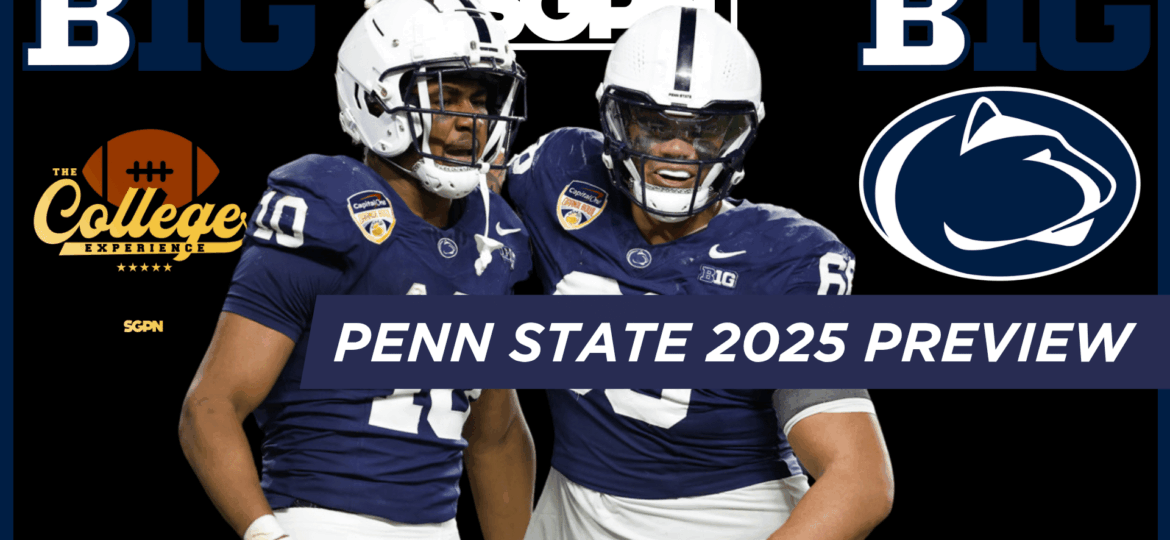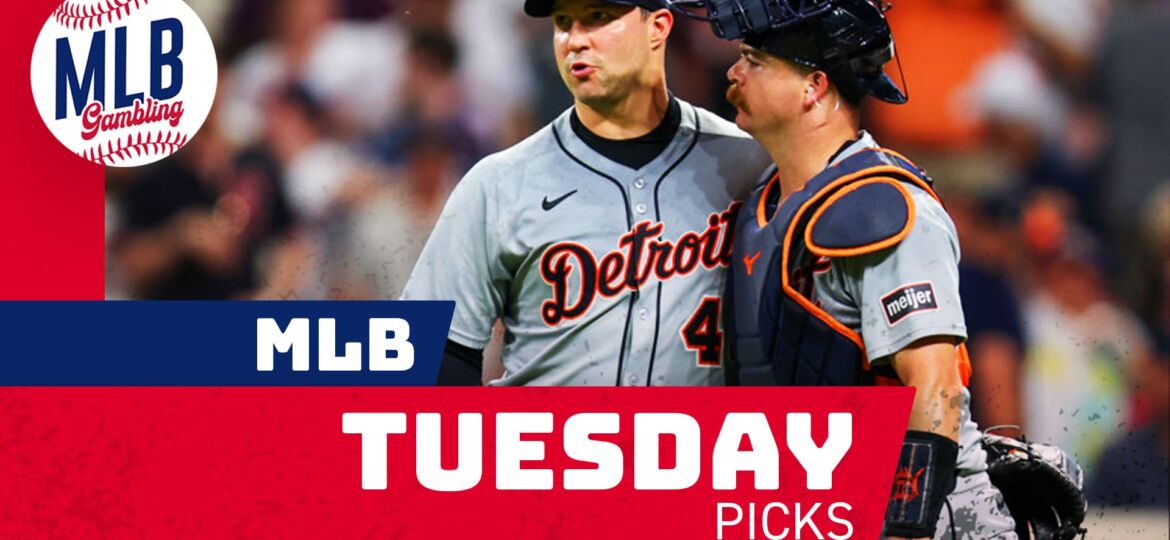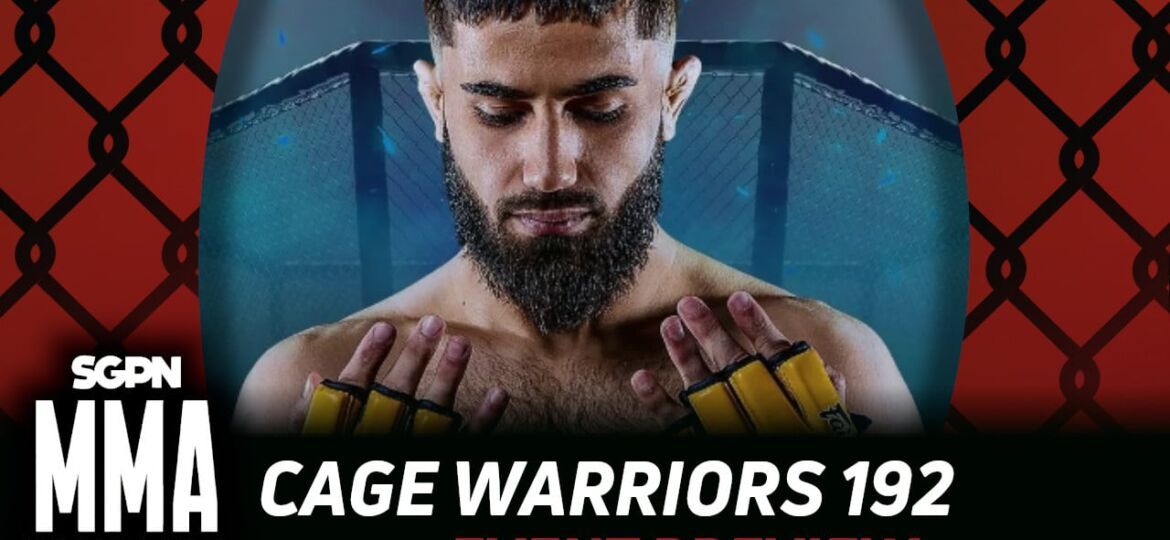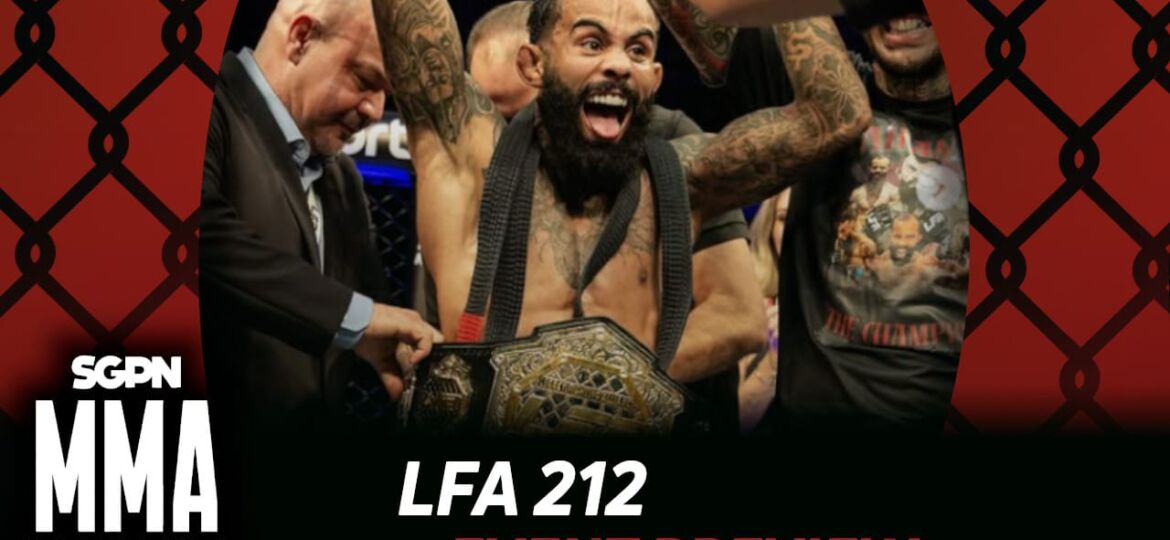
ATTENTION CLASS, forget the negative connotation around gambling, embrace it. Sports betting is expanding at an extremely fast rate. Local news channels and national sports talk shows are incorporating gambling odds in every sports event they cover. That is because there is more demand for it now than ever before. If you’re new to sports gambling or have never placed a sports bet you probably have many questions. Degen University is here today to answer your question, “what does this word mean.” When you watch somebody on TV or listen to a podcast sports bettors use weird terminology and we at Degen University want to help you understand what their words mean. Degen University has an extensive plan for future articles down the road. In course 102 I will be giving you a dictionary full of the most heard and commonly stated gambling vocabulary terms.
MORE FROM DEGEN UNIVERSITY
Degen University 101: How To Pick A Sportsbook And How To Bet On Sports
What Is Degen University?
Have you ever asked yourself what the word “juice” means? If yes, then the “Degen University” article series is perfect for you and will aid you all the way up to sharp bettor status. Whether you live in a state that just ratified a new law allowing Sports Gambling. Or you just turned 21 years old, you can now legally bet on sports. We already released an article teaching you “How To Pick A Sportsbook,” and “How To Place A Sportsbet.” We have plans to release many more “courses” (articles) including topics like “How To Bet And Win Parlays,” “What Are Units And How Should You Manage Them,” “Common Sports Betting Strategies And Methods,” “Understanding Public Money And Sportsbook Mannerisms,” and more! We’re going to treat this article like a legit Dictionary so we’re putting the gambling terms in alphabetical order, here we go.
Degen University 102: The Degen Dictionary, Common Gambling Vocabulary (1-A)
“2 Way” Bets/Odds- A 2-way is a bet that consists of two different outcomes. The most common 2 way is a “money line.”
“3 Way” Bets/Odds- A 3-way is a bet that consists of three different outcomes. The most common is where there can be, Team A win, Team B win, and a Tie/Draw as the third option.
“‘Alternative Lines”- Alternate lines allow you to give away runs or points “ATS” to receive a better payout. For example, in American Football, the favored team could be -7.5 “ATS”. But if you want to bet an alternate line, you could “buy points” and take the favorite -6.5. This way if the favorite only wins by a touchdown (7 points) you can still cash.
“ATS” Against The Spread- “ATS” is a commonly used abbreviation of “Against The Spread.” A “spread” is a very common type of betting option that requires a favored team to win by a certain margin for the bet to win. Or an underdog to not lose by more than a certain margin for the bet to win.
Degen University 102: The Degen Dictionary, Common Gambling Vocabulary (B)
“Backdoor”- A backdoor is when an “underdog” is trailing by more than the “point spread,” and scores meaningless points late in the game to “cover” the “spread”
“Bad Beat”- A bad beat is when something that pertains to luck makes you lose your bet. Bad beats are an awful feeling. They occur when you have over 144 total points scored in a college basketball game. Both teams have scored 139 points with two minutes left but the total doesn’t go over 144. By reading this you are now blessed with good luck against bad beats.
“Bankroll”- A bankroll is a term used for the amount of money you have set aside for sports betting.
“Bankroll Management”- Bankroll Management is the process in which you manage your betting by setting a “unit” size and not varying more than 1 “unit” on each bet often
“Buy Points”- Buying points is a form of lingo for “Alternative Lines.” If you want to buy points you could jump on an alternative line that favors you a little bit more but in turn, has more “juice.”
Degen University 102: The Degen Dictionary, Common Gambling Vocabulary (C-E)
“Chalk”- Chalk is a betting term used to reference a heavy betting “favorite.”
“Closing Line”- The closing line is the increment value of a bet right before the event starts. They call it the closing line because you can no longer bet on it once the event starts.
“Cover”- A cover is the betting result on a “point-spread” wager. For a “favorite” to cover, it has to win by more than the spread. For an “underdog” to cover they have either win the event or lose by less than the spread.
“Degen”- Degen is the term we use for big fans of the Sports Gambling Podcast Network.
“Degenerate”- A degenerate is someone who bets for the energy rush involved with watching a sporting event.
“Dog”- A short abbreviation for “underdog.” An underdog is a team not expected to win the event.
“Edge”- When you find an “edge” it is when you have the ability to find bets that have a higher probability of happening than the odds you receive on a given bet.
“Even Money”- Even Money is a wager that has even odds. There is no “juice” on the bet and you will either make or lose the same amount of money.
Degen University 102: The Degen Dictionary, Common Gambling Vocabulary (F-J)
“Favorite”- The word favorite is commonly used when talking about a team that is expected to win a contest.
“Handicap”- A handicap is an act of betting on a “point spread” or a “line.”
“Handicapper”- A handicapper is someone who does research to put wagers on sporting events.
“Hedge”- Hedge betting is placing a wager on the opposite side of an existing bet. Some people love to do hedge and some
people never do it. The goal is to guarantee yourself a profit at the end of the day.
“Hook”- A hook in sports betting is when a “points-spread” or a “prop” has a “.5” on the end of it. This ensures that there is not a “push” on certain bets.
“Juice”- Juice is common lingo for the reason odds on a “favorite” that don’t give you the same profit back for what you wagered. This is one of the hardest things for new sports bettors to understand. The simplest explanation for juice is that the sportsbooks have to make their money somehow.
Degen University 102: The Degen Dictionary, Common Gambling Vocabulary (L-O)
“Laying the points”- This term can be verbalized in many different ways. In traditional betting lingo whenever you say the word “lay” it normally means you’re betting the favorite.
“Lock”- A lock is a term used by a sports bettor when they are so confident in the wager winning. A lock is usually considered to be a small amount of the bets you actually place.
“Longshot”- A longshot is usually a bet with low chances to win but if it does it offers a big payout. Read into longshots before you start betting them left and right.
“Moneyline”- Betting the moneyline is the simplest, most popular, and best way to bet on sports. A moneyline is when you bet on a specific team to win a contest.
“Opening Line”- The opening line is the increment value of a bet as soon as it becomes readily available for the public to “wager” on.
Degen University 102: The Degen Dictionary, Common Gambling Vocabulary (P)
“Parlay”- A parlay in sports betting is when you make multiple wagers (at least two) and places them together into one bet. If any of the bets in the parlay loses, the entire parlay loses. However, if all wagers win, you a bigger “payout” than normal.
“Payout”- The amount of money a sportsbook gives when you win a bet.
“Pick’Em” (Pk)- A pick’em is when there is no spread on a certain contest. All of the bets taken for that contest can only be on the “moneyline.”
“Point Spread”- A point spread is a bet offered by sportsbooks based on the margin of victory for a certain contest. It is a very popular bet to entertain.
“Price”- How much it will cost to place a certain bet.
“Prop”- A bet within a contest that doesn’t normally correlate with the final outcome of the contest.
“Puck Line”- Just like a “point spread” a puck line is used when betting on hockey. Usually, the line is found at -1.5 so the “favorite” would have to win by two goals for you to “cover” the puck line.
“Push”- A push in sports betting occurs when the final score of a contest lands on the exact number of the “point spread.” In this instance, you get the money back from your bet.
Degen University 102: The Degen Dictionary, “CGV” (R-S)
“ROI” Return Of Investment- ROI is a measurement in bet efficiency. This gives you a number of how much money you can expect to win when betting on sports.
“Run Line”- Just like a “point spread” a run line is used when betting on baseball. Usually, the line is found at -1.5 so the “favorite” would have to win by two runs for you to “cover” the run line.
“Sharp”- (1) A sharp bettor is a long-term winning sports bettor whose opinion is respected by sportsbooks and other bettors. (2) A sharp bet is a nice compliment to give someone when you think the bet they made was smart.
“Shopping”- The act of looking at many different bets you could possibly take. It can be referenced when you’re looking for multiple bets on one sportsbook, or when looking for the best “price” on the same bet on different sportsbooks.
“Stake”- The money risked on a bet.
“Straight Up”- Also referred to as a “moneyline,” a straight-up bet is a wager on what the final outcome of a contest will be without betting on the “point spread.”
Degen University 102: The Degen Dictionary, “CGV” (T-Z)
“Taking The Points”- Common lingo when talking about wanting to bet the “underdog” on a “point spread.”
“Teaser”- A Teaser bet is a type of “parlay” bet. In a teaser, you are allowed to change the point spread for a game, making the bet easier to win. In exchange, the sportsbook will lower the payout due to them if they win.
“Underdog”- An underdog is a team not expected to win the event.
“Unit”- A unit in sports betting is a measurement of the size of a bet. It’s mainly used because everyone’s “bankroll” is different and a unit refers to the percentage of a “bankroll.”
Use The Sports Gambling Podcast Network As A Source
For you newly interested sports bettors out there we here at the Sports Gambling Podcast Network hope this article helped you learn some of the most common betting terms, vocabulary, and lingo. We plan to meet your demands and needs with future Degen University articles. If you would like more insight on different things to bet on check out more of the content from the Sports Gambling Podcast Network. Here at SGPN, we have many podcasts hosted by some of the best sports bettors on the internet. When you listen to a podcast it’s easier to learn common betting strategies which we plan to cover in another article. We have plenty of podcasts for you. Whether you like the NFL, NBA, MLB, NHL, College Football, the USFL, College Basketball, College Baseball, Soccer, NASCAR, MMA, and other sports, there is a Sports Gambling Podcast for you!
Let It Ride!
RELATED CONTENT


